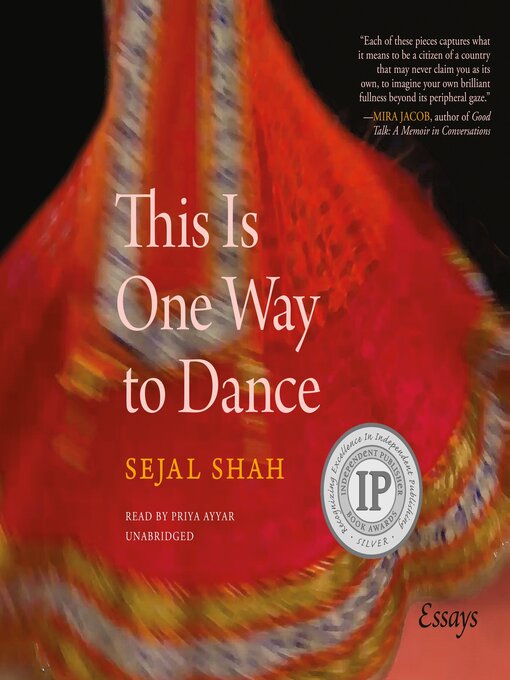A powerful meditation on identity and belonging, Sejal Shah explores the tension of being both invisible and hyper-visible in a country that struggles with race. The daughter of immigrants from Indian and Kenya, Shah wrestles with her experiences growing up in—and returning to—western New York, an area of stark racial and socioeconomic segregation. Her work illuminates how we are all marked by family and place; by the limits of our bodies; by our losses and regrets; by who and what we love; by our ambivalences and our silences. This is a book about growing up Indian in non-Indian places, about what it means to be American, South Asian American, a writer of color, and a feminist. Shah considers the implications of being asked where are you from—the geographic and cultural distances between people, how these gaps are imagined and real, constructed and changing. These literary essays will certainly appeal to readers of short stories and poetry as well.
- Just Added
- Popular Audiobooks Without the Wait!
- Summer Listening
- Listen While You Workout
- See all audiobooks collections
- Favorite Magazines
- Crafting & DIY
- 中文(简体
- Travel & Outdoors
- Health & Fitness
- Business & Finance
- Fashion
- Entertainment
- Home & Garden
- News & Politics
- Food & Cooking
- Revistas
- Health & Fitness Magazines
- See all magazines collections

